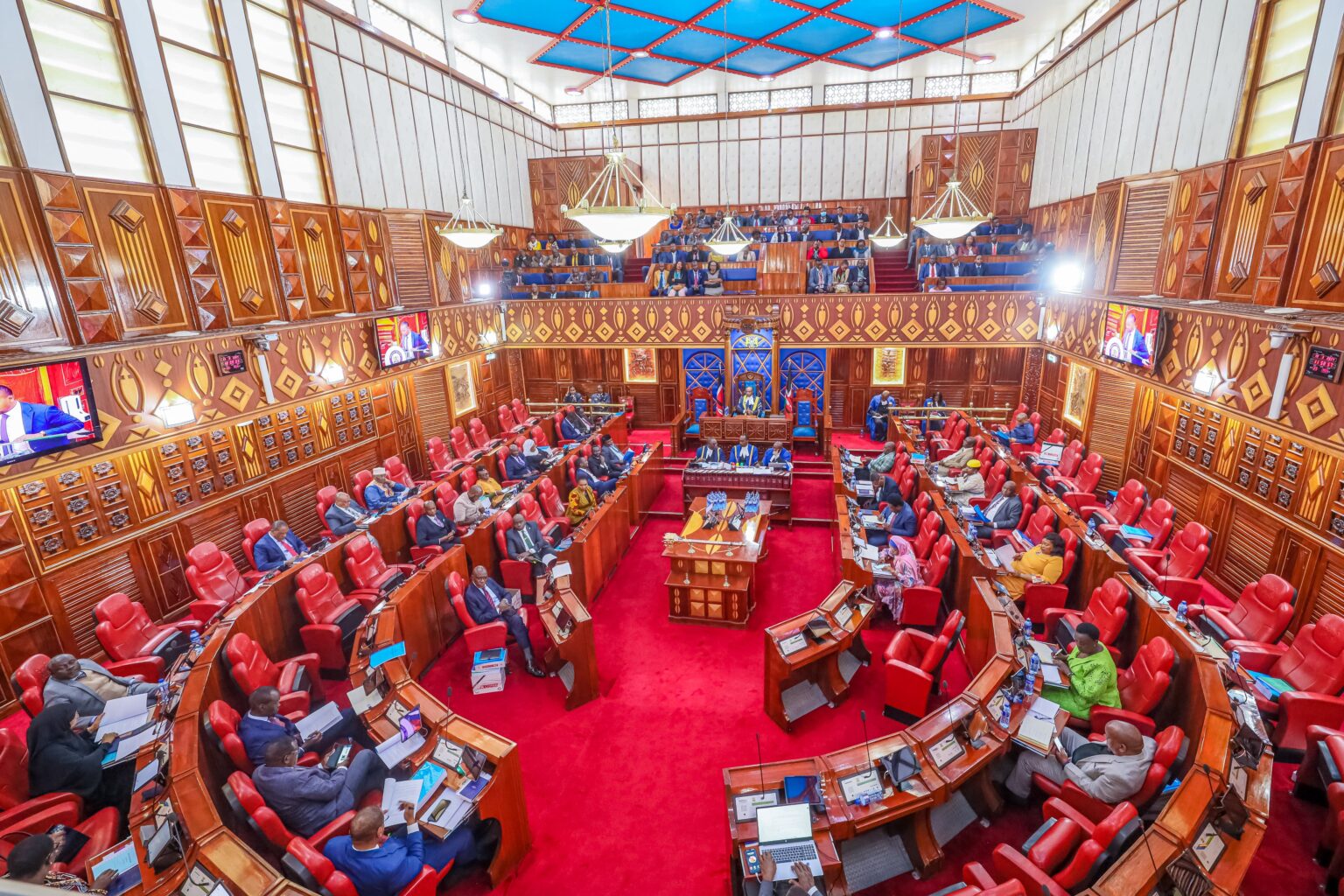
The committee, chaired by Wajir Senator Mohamed Abass, wants the County Governments Act amended to compel governors to assign specific roles to their deputies.
“The County Governments Act, Cap 265, be amended to impose a mandatory requirement on the governor to assign specific responsibilities to the deputy governor,” the panel said in a report tabled in the Senate last week.
The lawmakers further proposed that the office of the deputy governor be adequately facilitated to deliver on those responsibilities.
The move follows a petition by Japheth Makokha, executive director of Tripple The Impact CBO, who urged Parliament to amend the Act to make it compulsory for governors to assign their deputies clear portfolios.
Makokha argued that because the law is currently permissive rather than mandatory, many governors have avoided allocating duties to their deputies, leaving them idle and fuelling tensions.
“Because of the disagreements that have existed between many county governors and their deputies, a lot of county CEOs have avoided the implementation of this section,” he said.
He added that some first-term governors hesitate to assign portfolios to their deputies out of fear that a more competent deputy could outshine them in governance, leadership and service delivery.
“This usually comes at the expense of citizens who deserve effective and efficient service delivery,” Makokha noted.
The Senate committee acknowledged that while assigning a county executive committee portfolio to a deputy governor works in some counties, making it compulsory could present accountability challenges—especially when deputies are required to act as governors under Article 179(5) of the constitution.
Still, the senators argued that it is unjustifiable for deputies to earn huge salaries while remaining largely idle due to power struggles with their bosses.
“Owing to the fact that the Office of the Deputy Governor is financed by public resources, there must be a deliberate assignment of responsibilities to ensure optimal utilisation,” the report states.
The committee traced the endless wrangles between governors and their deputies to this legal loophole.
Recent Senate proceedings have been dominated by fallouts between the two offices, including the cases of Siaya’s William Oduol and Kisii’s Robert Monda.
The Senate previously handled the impeachment of former Machakos Deputy Governor Bernard Kiala.
“At the root of these conflicts is the ambiguity in the legal framework governing the role of deputy governors,” the committee observed.
Currently, Article 179 of the constitution establishes county executive committees made up of the governor, deputy governor and other appointees approved by the county assembly.
Section 32(3) of the County Governments Act provides that “the governor may assign the deputy governor any other responsibility or portfolio as a member of the county executive committee.”
According to the senators, this permissive wording has resulted in inconsistency—some governors allocate substantial portfolios to deputies, while others assign none at all.
“The lack of legal obligation has led to inconsistent practices across counties. Some governors have assigned substantial portfolios to their deputies, while others have opted not to assign any duties, resulting in underutilisation of qualified personnel and poor use of public resources,” the report states.
The public, they noted, has increasingly voiced concern over the continued payment of salaries and allowances to deputy governors who perform no duties, describing it as wasteful and a contributor to the bloated wage bill.
“This practice undermines efficiency and fiscal responsibility as set out in Article 201 of the constitution,” the committee warned.
INSTANT ANALYSIS
The petitioner opined that since the county governors have not been obliged by the law to assign duties or portfolios to their deputy county governors, this section of the County Government Act of 2012 appears ambiguous in relation to implementation, as fewer governors have discharged this function. Further, because of the disagreements that have existed between many county governors and their deputies, a lot of county CEOs have avoided the implementation of this section.
















